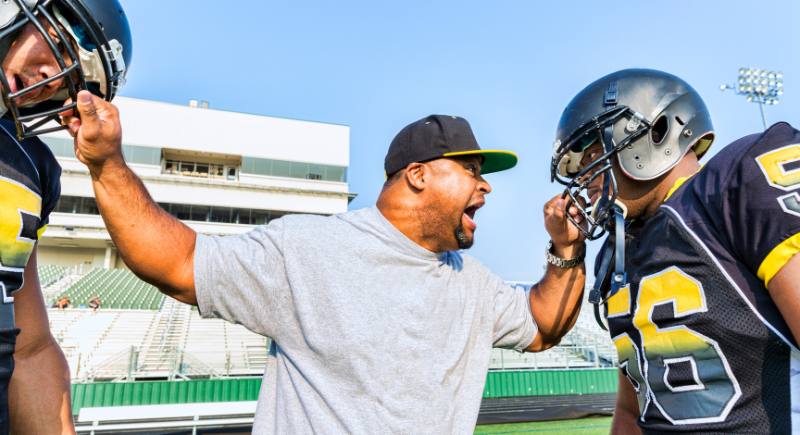3 Behaviors That Will Get Your Kid Blacklisted by College Recruiters
College recruiting is one of the most unpredictable parts of youth sports. Families invest time, money, and emotion into helping their kids stand out, but the competition has evolved far beyond athletic skill. Coaches are watching more than highlight reels and now paying attention to the people standing behind the players.
Across various programs, recruiters discreetly assess how parents behave during games, conversations, and follow-ups. Their decisions often hinge on these impressions alongside the kids’ performance stats and could cost a young athlete a college opportunity.
You Speak For Them

When parents dominate every conversation, recruiters notice. Coaches like Anne Walker at Stanford and Andy Fleming at Xavier have said they want to hear the athlete’s voice. They pay attention to confidence, communication, and personality, all traits that get lost when a parent takes control.
College coaches want players who can express themselves and show initiative. If a parent handles every email or question, it signals that the athlete may not be ready for independence. One Division I coach summed it up well: “I’m not recruiting mom or dad; I’m recruiting the player.”
When a student-athlete manages their own communication, it shows maturity. Parents speaking for their kids raises concerns about what happens once that athlete joins a team.
You Negotiate Everything

Image via Getty Images/Digital Skillet
In recent years, coaches have noticed parents treating recruiting like a business deal. Some families demand specific positions, extra tickets, or NIL-related benefits. Coaches such as Dan Hurley at UConn and Kenny Blakeney at Howard have said they’ve passed on highly talented players because their parents wanted control before the ink was dry.
That approach creates red flags. College coaches already manage dozens of athletes, university rules, and intense pressure to win. A parent who tries to dictate terms before a player signs makes them question what future conflicts could look like. As Hurley put it, “the wrong type of people in that inner circle will sink your program.”
Families that respect boundaries and allow coaches to lead are far more appealing. Parents who trust the process instead of steering it give their child the best chance to succeed.
You Go Too Far On The Sidelines

Image via Getty Images/ferrantraite
Parents who shout at refs, argue with coaches, or criticize players can quickly damage their child’s reputation. Coaches often watch how families act at games and want to see supportive parents who let their kids play without interference. When parents draw attention for the wrong reasons, recruiters worry about bringing that behavior into their locker room.
Several college coaches have said they’d rather choose an athlete with slightly less skill but a calm family than a top performer with a disruptive one. Parents who respect the game, cheer appropriately, and avoid sideline drama leave the right impression. Their children look composed, confident, and ready for the next level.
Before the next email or game, take a step back. Let your child speak, let the coach coach, and enjoy the process. The best way to support your athlete is to give them space to grow.